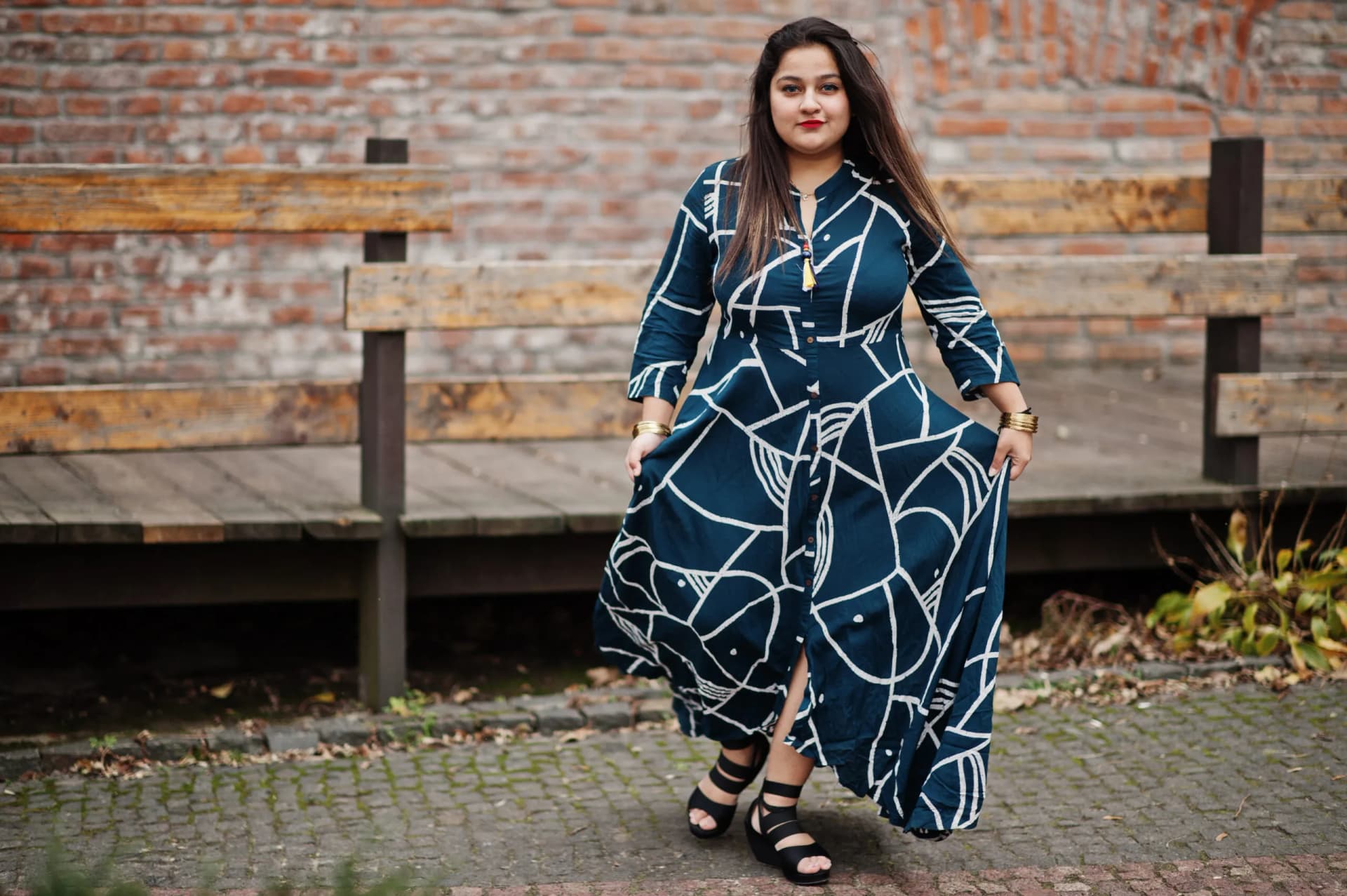Has Indian Fashion Industry caught up with Sustainability? Sustainability is a concept of living in plenty with a safe present and future. People have opened their eyes to the reality that without this social goal, we will be doomed by our actions. The fashion Industry is one factor that affects our environment. Many countries have taken significant steps toward sustainable fashion. But what about India? According to 'The National Climate Change Journal' in 2018, textile production is among the most polluting industries, producing more than 1.2 tonnes of greenhouse gas emissions compared to international flights and maritime shipping. Carbon emissions from the apparel industry will likely surpass 60 percent by 2030. In India, more than 1 million tonnes of textiles are thrown away annually. Did you know that these textile wastes can become significant environmental hazards? Textile wastewater contains chemicals that can not only cause hemorrhages, ulceration of the skin, sickness, stress, and dermatitis but also block sunlight and increase the organic pollution in the water, thereby inhibiting natural processes such as photosynthesis and reoxygenation. Sustainability and eco-friendly fashion go hand-in-hand when it comes to saving the environment. With such advancements, it was time for the fashion industry to take a crucial turn towards sustainable fashion. Has the Indian Fashion Industry taken that step? India, one of the world's largest producers and exports of the textile and apparel industry, is a massive factor in the impact of the fashion industry on the environment. Since the Indian government banned the use of plastic bags in various states across the country, the textile industry too of India has turned its path towards eco-friendly clothing. A recent survey of consumers in India showed that most people prioritize a sustainable manufacturing process when buying clothes. More than 83 percent of shoppers in India consider Sustainability before purchasing fashion items. Many designers in India have realized the unsustainable and fast fashion cycle that has entered the trends due to people buying more clothes every season. Many have shifted their brands to sustainable, ethical, and eco-friendly fashion. After witnessing the wastage of garments and fabrics, fashion designer Kriti Tula, the founder of Doodlage, started working organically and has made her brand a perfect blend of sustainable and exclusive high street fashion. She even uses her leftover fabric to produce paper and stationery, with shredded material and excess garments being her constant organic supply for her brand. And this is only one of the brief examples of sustainable fashion implemented in India. With its rich traditions and great textile craftsmanships, India is uniquely positioned in the fashion industry's shift towards a more sustainable fashion. Many thrift shops and refurbished stores focus on Sustainability, and here are a few of the many. No Nasties is an Indian sustainable fashion brand founded by Apurva Kothari in 2011, which focuses on creating products that are positive towards the planet and that offset the carbon footprint of every fashion item they produce. It is an entirely fair, environment-friendly, and vegan brand where they use organic cotton as their principal material for its clothing with herbal and all-natural dyes. They have even commissioned a third party called 'Green Story' that analyses all the sources used in making their products to measure their carbon footprint and work on minimizing it as much as possible, leading towards a good cause. Okhai is one of the brands promoting Sustainability and exhibiting women's empowerment in everything it does. Founded by Kirti Poonai in 2015, it is a clothing brand that offers handcrafted clothing that rural artisans from all over India produce. Besides being an entirely sustainable brand, its mission is to uplift the women artisans from rural backgrounds. Sui is a slow fashion brand. But what is slow fashion? It is an approach to producing clothing where the producer takes all aspects of the supply chain, including the environment and animals, to respect people and spend more time analyzing each and every product with great care. Every piece of cloth at sui is produced with herbal dyes and materials such as organic cotton, linen, hemp, and other handwoven textiles made by underprivileged women in the handloom sector who work in the vetted NGOs that the brand supports. 'Oshadi' means the essence of nature or healing of a plant in Sanskrit that connects the brand to its sustainable mission. Founded by Nishanth Chopra in 2016, this brand is all about regenerative fashion and focuses on the seed-to-sew supply chain. The essence of Oshadi not only lies in its sustainable mission but also in the unique use of organic and regenerative cotton they use for its extraordinary clothing. Although the eco-friendly clothes market in India is nascent, it is growing steadily. Indian Fashion Brands are taking significant steps to make the Indian Fashion Industry sustainable, but what can we do to help with that? We can also do what many of these brands are doing. India has billions of talented people in all corners of the country. Buying clothes and fashion items from rural areas, where materials are grown on farms and are environment friendly, will help a great deal towards the environment as well as the underprivileged—buying and using second-hand clothing, recycling them, donating clothes, going to swapping parties that allow you to exchange dresses with ones you like, etc. All these steps will help reduce the textile industry's waste every year and impact our environment. We must start realizing that we as consumers can take these small atomic steps that can work wonders to save our environment. Has Indian Fashion Industry caught up with Sustainability?
No Nasties
Okhai
Sui
Oshadi
Has Indian Fashion Industry caught up with Sustainability?
17 August 2022

Tags:
#eco-friendly fashion#Fashion industry#handcrafted clothing#India#Okhai#Oshadi#regenerative fashion#Sustainability#textile waste
Reach a Wider Audience!
Advertise with us and showcase your brand to our vast community of fashion enthusiasts. Maximize your impact by placing an ad in our magazine.